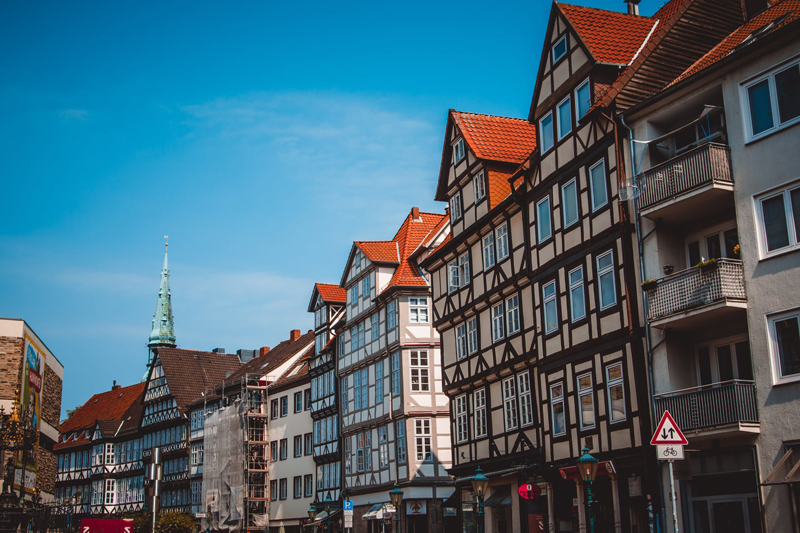- no title-

Groundhog Day, Hedgehogs and Candlemas 
Groundhog Day, a million dollar industry with Punxsutawney Phil the 'forecasting' groundhog and his friends. Its origins a mixture of ancient European and German 'Hedgehog' folklore, the Christian festival Candlemas, seasonal weather, and pagan traditions surrounding February 2.
Schultueten and the First Day of School 
The first day of school is a milestone in the lives of German first graders. Parents and grandparents accompany the new pupil to school where, after welcoming speeches, songs, "photo calls", and "Schultuete", School Cone, held tightly, it is time for school life to begin.
Summer Solstice and Midsummer Magic in Germany 
Most Summer Solstice and Midsummer Eve festivities in German speaking countries were mystic Pagan, and pre-Christian, festivals. Symbols for renewal, fertility and harvest. And fire still plays a major role in celebrating the triumph of sun, and light, over cold and darkness.
Top Ten Articles
Previous Features
Site Map
Content copyright © 2018 by . All rights reserved.
This content was written by . If you wish to use this content in any manner, you need written permission. Contact BellaOnline Administration for details.


